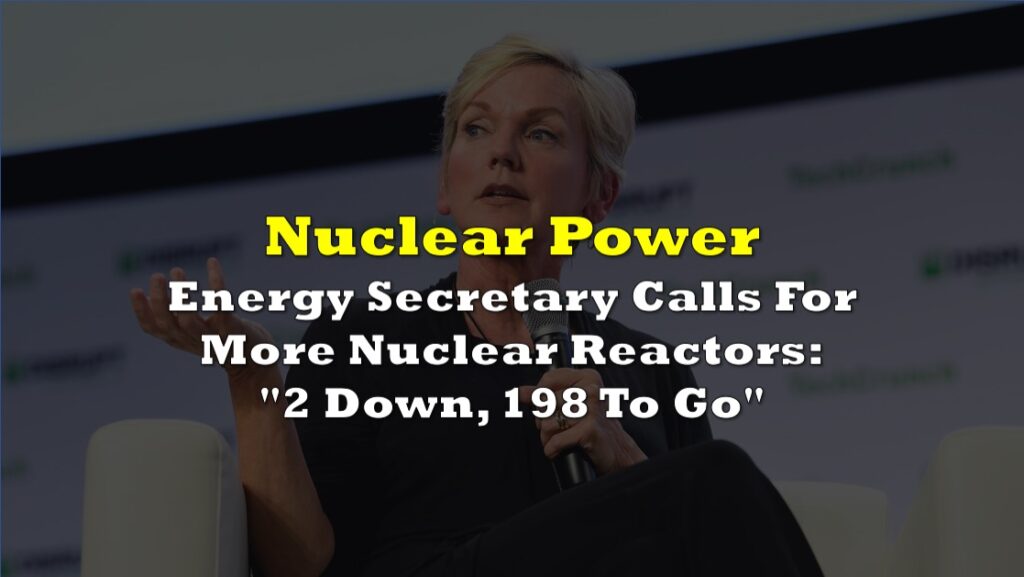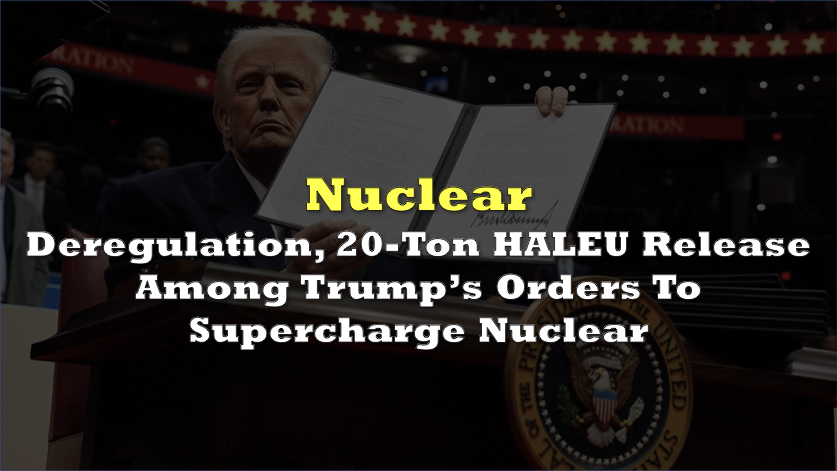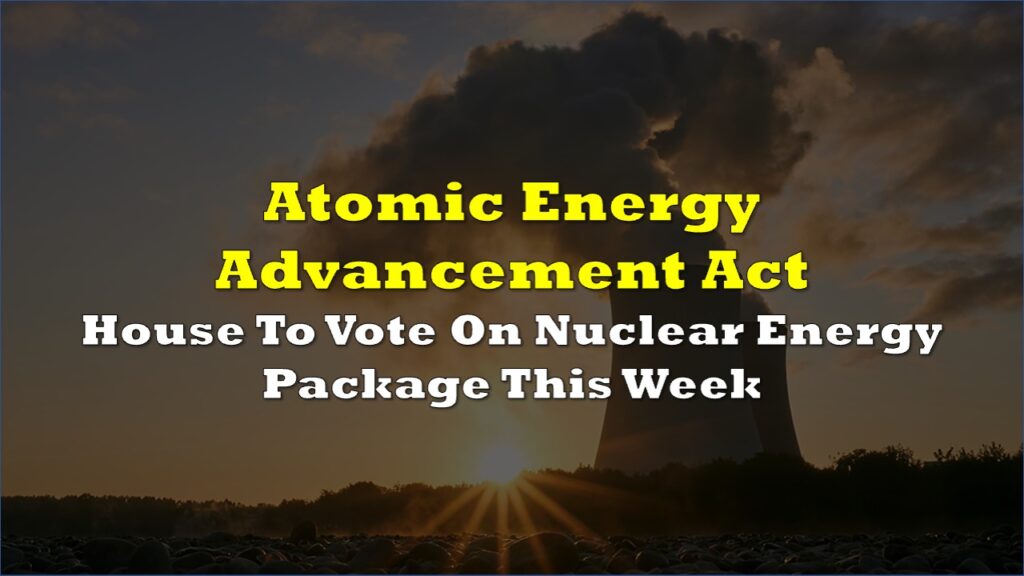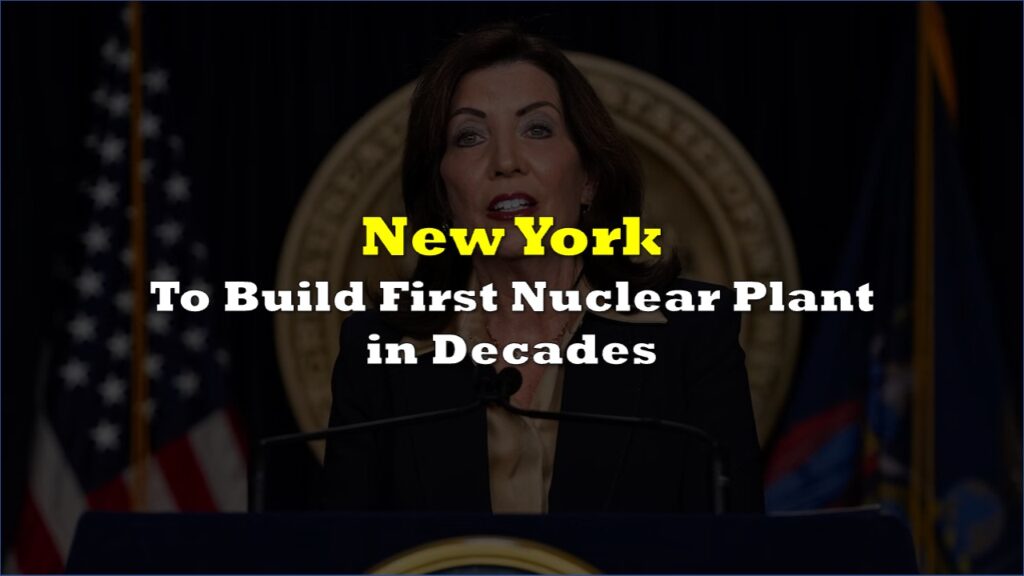Texas Governor Greg Abbott and the Public Utility Commission of Texas have unveiled a significant initiative to position Texas as a global leader in advanced nuclear power. On Monday, the state administration released the findings of the Texas Advanced Nuclear Reactor Working Group, marking a step forward in Texas’ efforts to secure its energy future.
This comprehensive plan focuses on expanding the state’s use of advanced nuclear technology to meet growing energy demands, enhance grid reliability, and drive economic growth.
“Texas is the energy capital of the world, and we are ready to be No. 1 in advanced nuclear power,” said Governor Abbott. “By utilizing advanced nuclear energy, Texas will enhance the reliability of the state grid and provide affordable, dispatchable power to Texans across the state.”
Texas Advanced Nuclear Plan
The initiative follows a directive issued by Abbott in August 2023, tasking the Public Utility Commission with forming a working group to study advanced nuclear reactor technology. The group was charged with exploring policies, technological innovations, and investment strategies to make Texas a leader in nuclear energy. Their report, released this week, outlines key recommendations designed to bolster the state’s energy grid while keeping costs low for consumers.
Public Utility Commissioner Jimmy Glotfelty praised the effort, saying, “Texas has long been the energy capital of the world, and today we have an incredible opportunity to build a world-leading advanced nuclear industry that will deliver safe, reliable power for generations to come.”
The report emphasizes the role advanced nuclear reactors—particularly small modular reactors (SMRs)—can play in strengthening the Texas power grid. These reactors, heralded for their safety and scalability, could supplement intermittent renewable energy sources like wind and solar, providing consistent, round-the-clock electricity. The recommendations also aim to attract private investment and foster collaboration with industry leaders, academic institutions, and federal agencies.
Texas is the energy capital of the world.
— Greg Abbott (@GregAbbott_TX) November 18, 2024
We’re ready to be #1 in advanced nuclear power. Today, we released our plan to build that industry in Texas.
By utilizing advanced nuclear energy, we’ll enhance the reliability of our state grid & provide affordable, dispatchable power. pic.twitter.com/b00qZcnB0B
The move toward nuclear power comes at a pivotal moment for Texas, a state that has faced repeated power grid challenges in recent years, most notably during Winter Storm Uri in 2021. The storm left millions without electricity and exposed vulnerabilities in the state’s reliance on natural gas and renewable energy.
While Texas leads the nation in wind power generation and ranks high in solar capacity, these sources are inherently variable. Nuclear energy, with its ability to produce steady, emission-free power, offers a solution to fill the gaps. Advanced reactors, such as SMRs, add another layer of adaptability, allowing for quicker deployment and more flexible operation compared to traditional large-scale nuclear plants.
Abbott framed the initiative as essential for maintaining Texas’ energy dominance. “As we build an advanced nuclear industry in our great state, we will ensure Texas remains a leader in energy and strengthen the Texas grid to meet the demands of our growing state,” he said.
Information for this story was found via the sources and companies mentioned. The author has no securities or affiliations related to the organizations discussed. Not a recommendation to buy or sell. Always do additional research and consult a professional before purchasing a security. The author holds no licenses.









